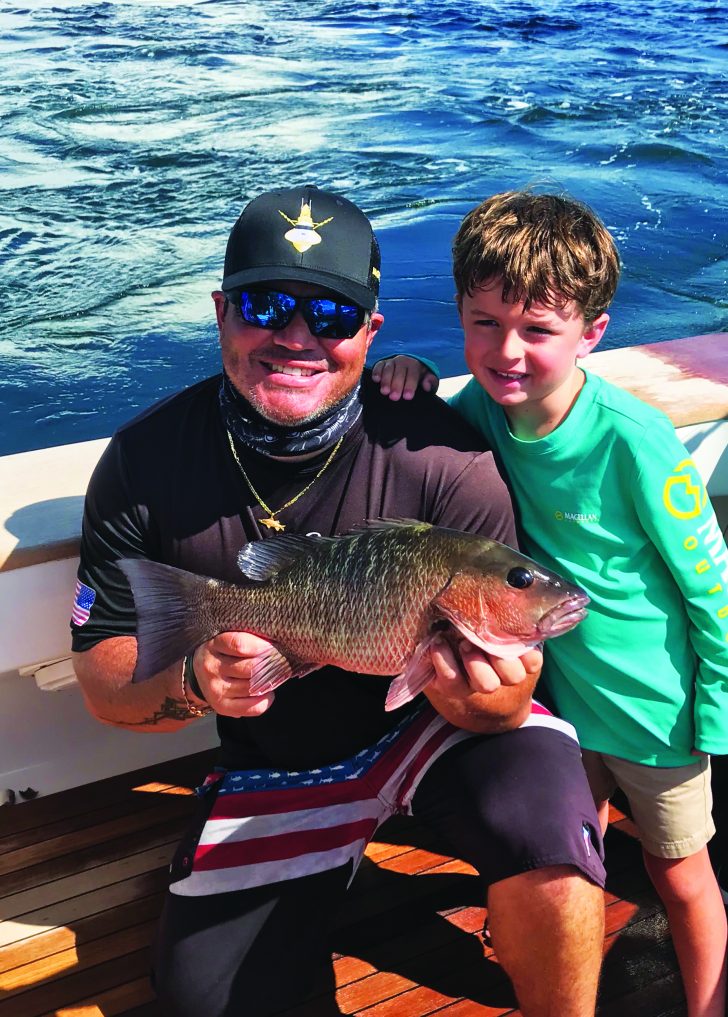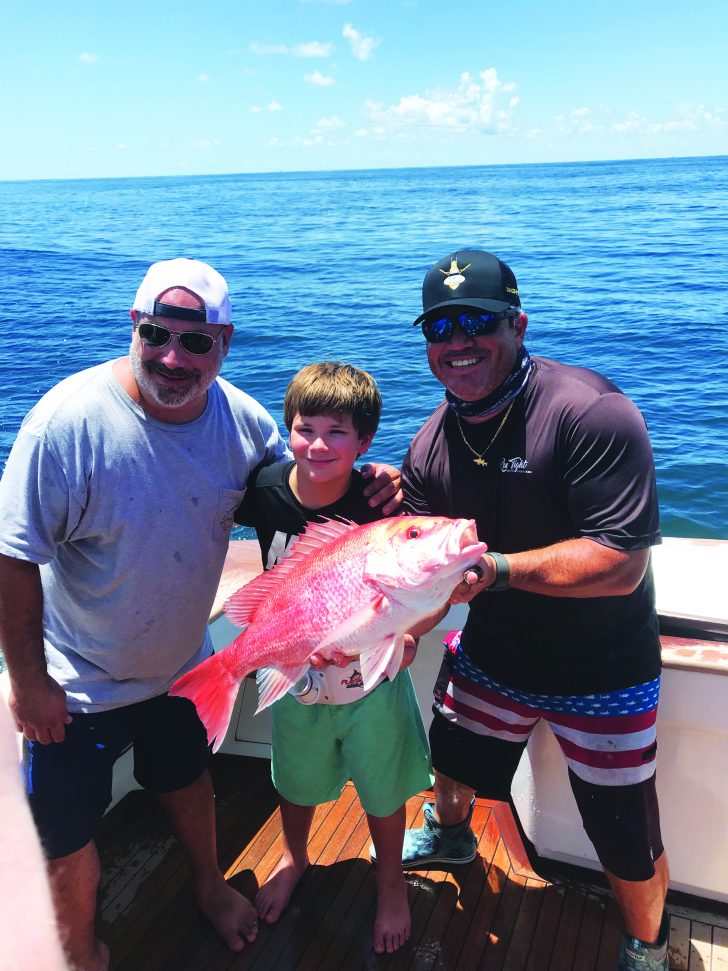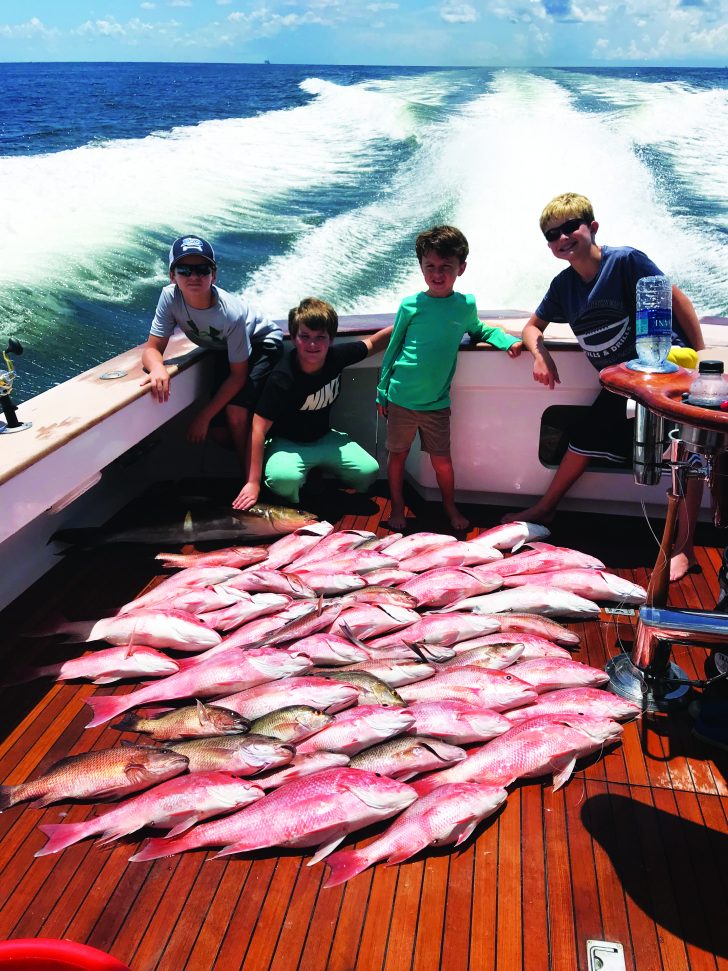by Capt. Matt Fueyo

Growing up on the West Coast of Florida (Sarasota, Siesta Key) and fishing since I can remember, I have always been fond of snook. The common snook (Centropomus Undecimalis) thrive in our waters and are found as far west as Texas and as far south as Costa Rica. There are many different types of snook, but the common snook is prevalent to and from Naples and Tampa. I was called the other day to help out a professional fishing team in Grand Isle, Louisiana. They primarily fish for large pelagic species like Blue Marlin and Yellowfin Tuna, but today’s trip was a nearshore trip 20 miles out to the oil rigs. Mangrove snappers were our target species and a successful week of catching them grew our confidence in placing for the CCA Legislators Tournament. The only hitch was we had a boat load of kids! These Mangrove Snappers are no joke, especially with oil rigs that have tower legs from top to bottom in 90-100 ft of water and are a challenge for any skill level of angler.
We started the day around 6:30 am and had the boat loaded up and ready to go. Our junior anglers arrived with their dads. We had a few representatives from the Louisiana government, so we had everything tight, right and ready to go! We bolted offshore in our 58’ Jarret Bay. Jarret Bay is a custom boat builder out of North Carolina. Her name is the “Whoo Dat”, she is named after the New Orleans Saints football team. The owner is a huge fan, just as are most cajuns in this area. We started out fishing some baits on the surface and hooked up immediately. I know it sounds a little crazy to catch a snapper (mostly a bottom dwelling fish), but here on the oil rigs you have structure from top to bottom and the fish find it very appetizing, as the small bait fish use the tower legs as a food source and for protection. We caught a few nice fish and then the sharks moved in. We moved to another oil rig and knew it was going to be a better round of catching. We dropped some chum and the water, lit up with nice snappers, sharks and a few cobia! We caught a big mangrove snapper and while we finished putting that fish in the box, our next little angler had a drag screamer. I looked over and saw a nice fish racing along the surface. “It’s a cobia, it’s a cobia”, Capt. Chris yelled. I could tell by the pitch in his voice it was a good fish and we needed that species for the tournament. After a ten minute fight and a few circles around the boat, we landed the fish and cheered!! We went back to fishing and caught a few more mangroves snapper.


Be safe on the water, catch some fish and if you can, pick up a piece of garbage that you see. I promise you’ll feel better about yourself!
